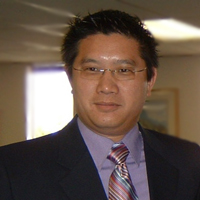May is Asian Pacific American Heritage Month, a time to celebrate and acknowledge the countless contributions of Asian Pacific Americans in our society. Today many serve in our local, state and federal governments, build businesses and enrich health, education and high-tech fields.
Asian-Americans have also been in the news as responsible for tragic violence and deaths. These individuals of Chinese, Indian, Japanese, Korean and Vietnamese descent have shattered the myth of the Model Minority.
May is also Mental Health Awareness Month, when we highlight the importance of education, outreach and stigma reduction in our health care system. Unfortunately the stigma of mental illness continues to persist from the lay person all the way up to health care professionals. It is so pervasive that efforts to integrate primary care and mental health services often encounter institutionalized barriers despite the countless research findings indicating that it is more clinically effective and cost efficient to integrate both.
Imagine how the Oikos University tragedy may have been averted if everyone was more aware and literate of mental health issues and had used existing community resources.
The stigma of mental illness is deeply engrained in the Asian communities. Mental illness is often misunderstood and misperceived. It is not seen as a treatable health condition but often misunderstood as an individual or familial flaw, a cultural weakness, a loss of face, a karmic consequence or a spiritual imbalance.
